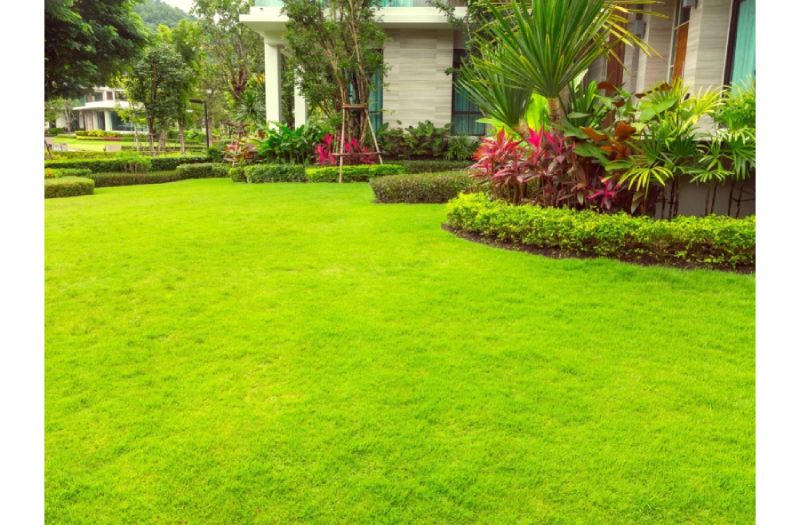How Artificial Grass Helps Manage Allergies?

Artificial grass is made of hypoallergenic materials, meaning it doesn’t trigger allergic reactions. This makes it an ideal choice for people with allergy issues.
Seasonal allergies prove to be a widespread issue. Among the many common allergens, natural sod grass stands out, causing discomfort regardless of species or age.
Homeowners everywhere are switching to artificial grass Ottawa because of the benefits it offers. Natural grass causes problems for allergic people, but this can be dealt with by installing artificial grass, which helps manage allergic reactions.
- Eliminates Pollen Production
Natural grass generates pollen grains during summer, triggering allergic reactions upon inhalation. Artificial grass, on the other hand, refrains from flowering and releasing pollen into the air. The absence of pollen production alleviates allergy symptoms.
Some pollen from nearby plants may blow into the area, but removing the primary pollen source from near your house reduces the risk. Children and pets can enjoy their outdoor playtime with reduced allergy concerns.
- Prevents Pollen Dispersal
The act of trimming and mowing natural grass scatters pollen grains into the air, elevating exposure levels. With artificial turf, there’s no need for trimming or mowing, preventing the dispersal of pollen.
Artificial lawns also sidestep the need for pesticides, fertilizers, or herbicides, which contain chemicals that aggravate allergies. Without these lawn treatments, you don’t have to worry about potential respiratory and skin irritants.
- Reduces Mold Growth
Natural grass retains moisture, creating a breeding ground for mold, which can induce allergy symptoms when inhaled.
Artificial grass offers efficient drainage and quick drying after irrigation or rain. The lack of organic matter doesn’t aid mold growth, and as a result, you are exposed less to airborne spores.
Synthetic grass is easy to clean and requires less maintenance. Unlike natural grass, your artificial turf doesn’t require fertilizing or mowing. Rest assured that your turf will maintain its beautiful appearance throughout the year.
How Does Artificial Grass Provide Allergy Relief For Pets?
Artificial grass takes a proactive approach to alleviating pet allergies. It eradicates the production of mold and pollen, the main culprits causing allergies. The materials used in artificial grass are hypoallergenic and safe for pets. Plus, it eliminates the use of lawn chemicals, making it a safer choice for everyone.
The synthetic fibers do not trap allergens such as dander and dust, and with regular rinsing, you can keep allergens at bay. Pets prone to grass allergies can relax and play on artificial lawns without getting allergy attacks.
Artificial grass is great for both humans and animals. It reduces the risk of allergic reactions by eliminating pollen production and mold growth. This allows homeowners to use it without worries.